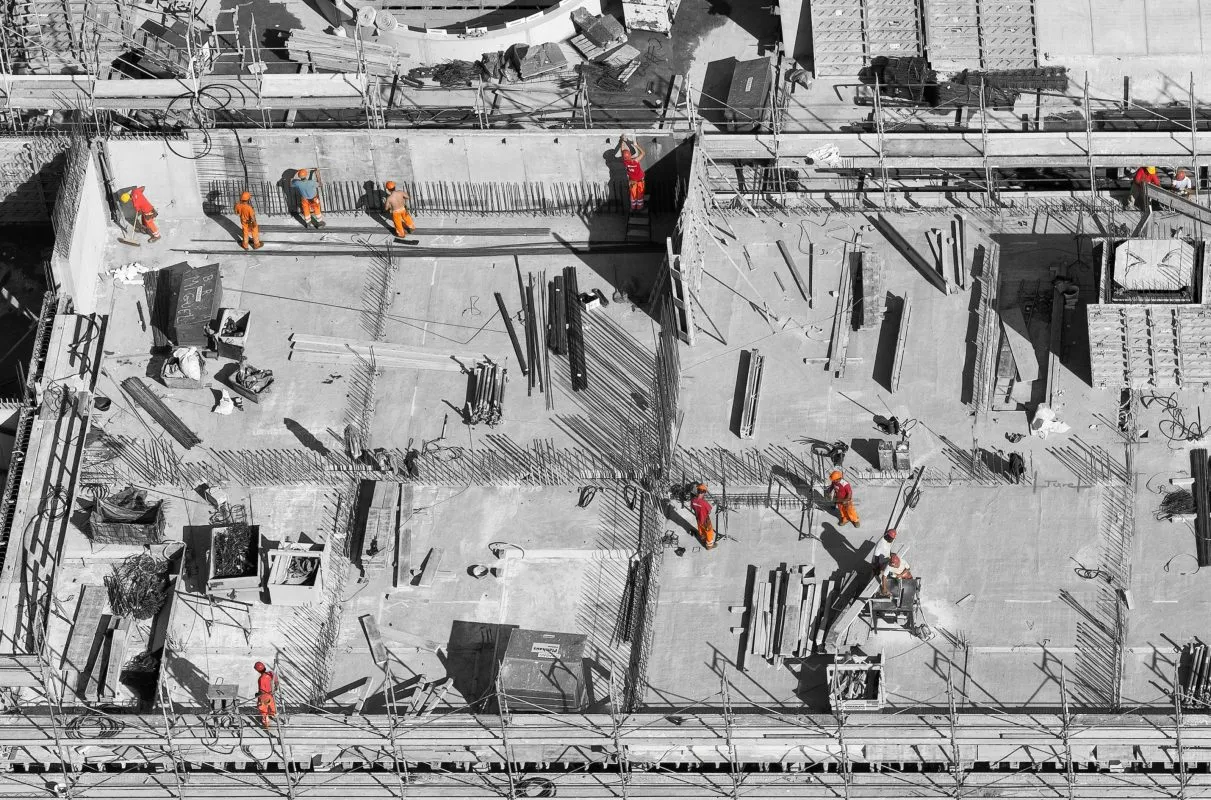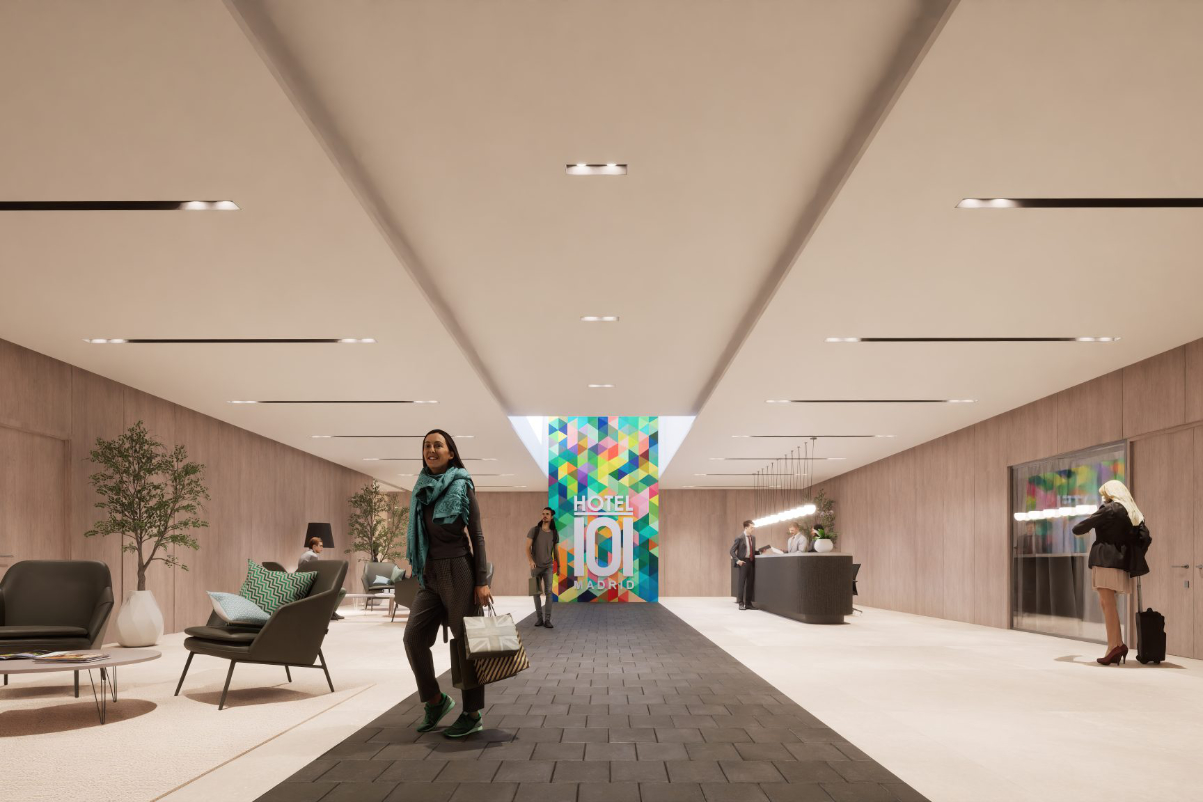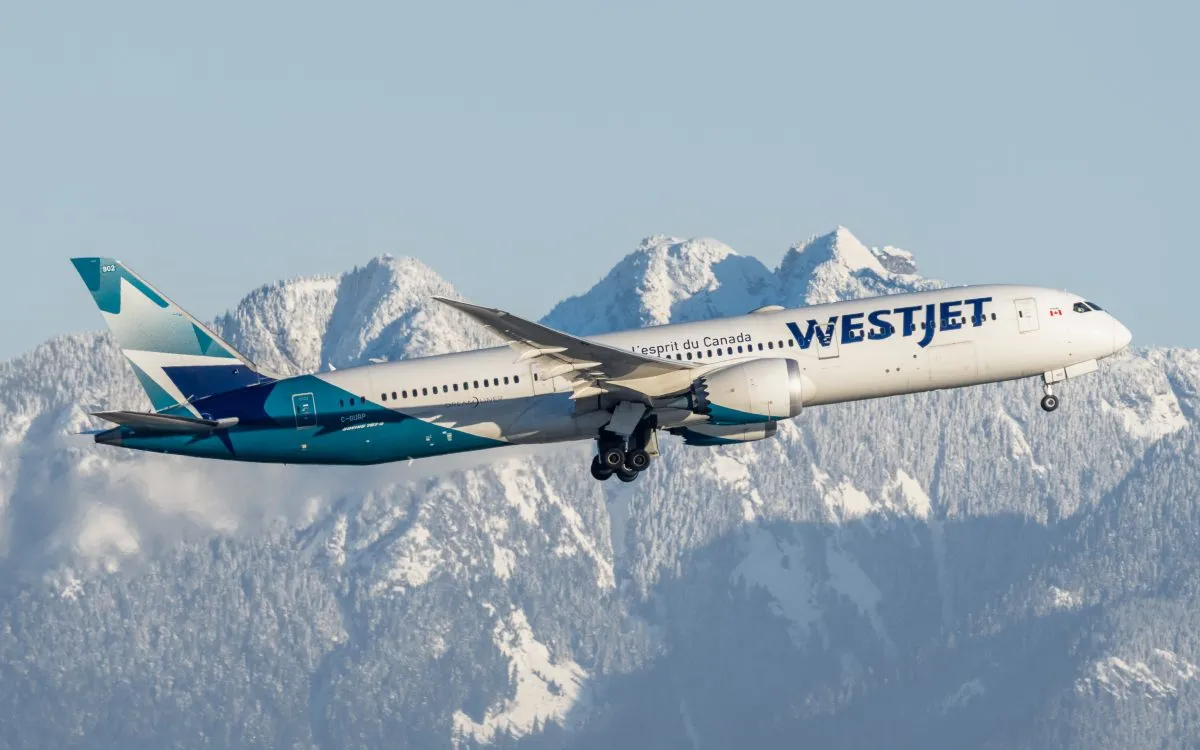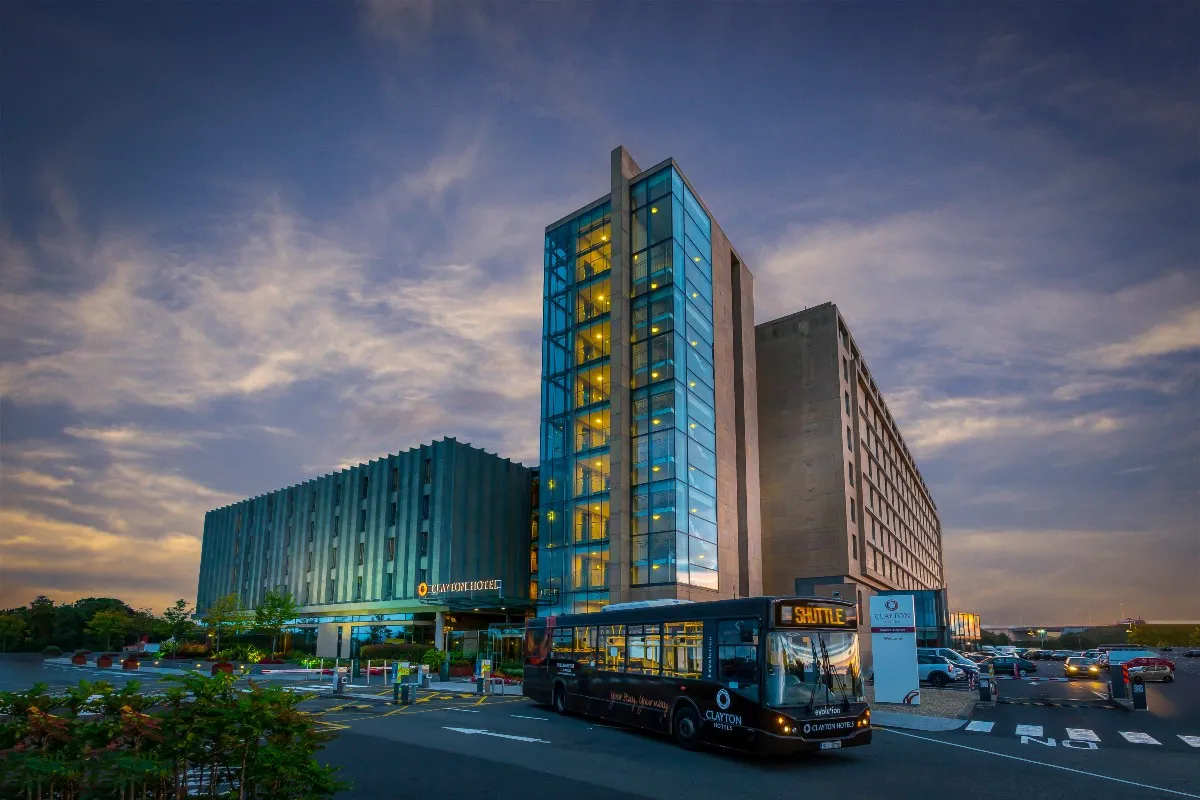Will Las Vegas Resorts Survive a Year of No Conventions?
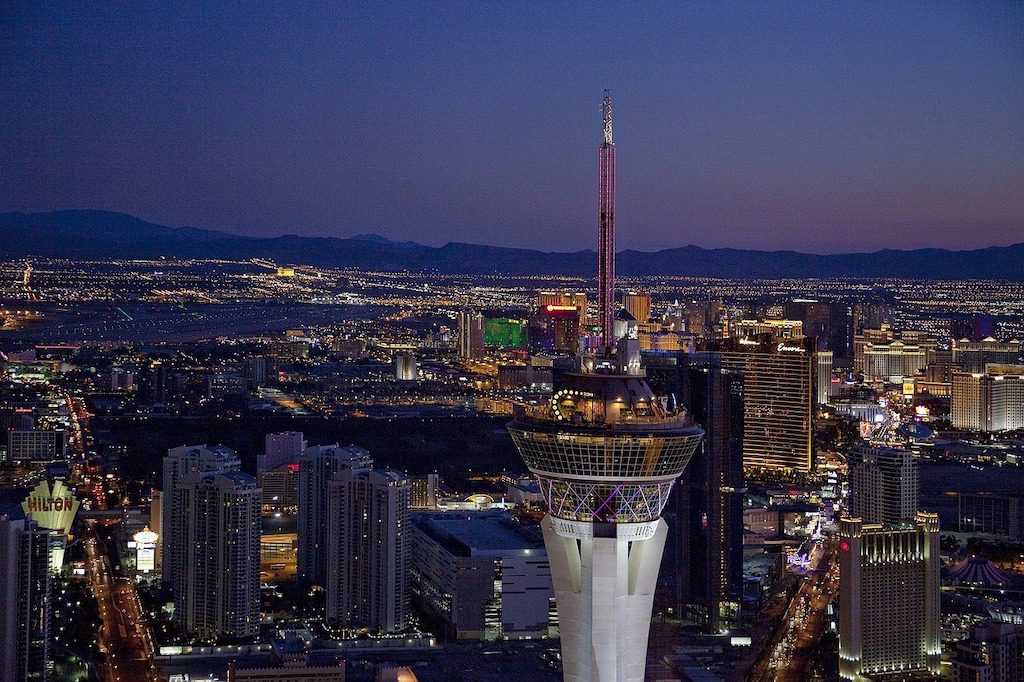
Skift Take
A Las Vegas without conventions isn’t quite as unfathomable as the city without slot machines.
But a year without major group business like the Consumer Electronics Show is putting a severe dent in casino resort financial reports, and companies are scrambling to adjust business strategies to make it to 2021 and beyond.
“I don't want to predict [2021] because I don't feel I have enough insight into what might happen to the vaccine or the virus and no way to forecast that,” Las Vegas Sands Corp. President Rob Goldstein said during an earnings call last month. “But I would be less than honest if I didn't tell you that Las Vegas is in a very difficult place.”
Leaders of major gaming resort companies like Las Vegas Sands, MGM Resorts, and Wynn Resorts all emphasized on second quarter earnings calls that the convention business is a cash cow for Sin City — and the coronavirus-related snuff out of the vital business line is putting the city in a dire predicament.
June was the third consecutive month of zero convention attendance in Las Vegas, the Las Vegas Convention and Visitors Authority reported this week. While that is largely tied to Nevada coronavirus protective measures banning group gatherings of more than 50 people, there is also concern that corporate fears could keep convention business subdued even when state restrictions relax.
The LVCVA declined to speak in time for publication regarding any outlook on when the convention business may return, but general hospitality industry belief is that it will take until a coronavirus vaccine is widely distributed and corporate confidence is high enough for major events to once again convene.
The uncertain timeline is a massive blow for a city like Las Vegas, where resorts, such as The Venetian or Wynn Las Vegas, have thousands of hotel rooms that rely on conventions for mid-week business. The nearly seven million convention travelers to Las Vegas in 2019 represented nearly 16 percent of total visitor volume.
“I wouldn’t be surprised if there wasn’t any main convention or meeting or that sort for another six to 12 months,” said Nicolas Graf, associate dean at New York University’s Jonathan M. Tisch Center of Hospitality. “I don’t think there’s any way in the short-term to fill the gap.”
Convention visitor spending directly supported 42,800 jobs and had a $6.3 billion economic output for Las Vegas in 2018, according to a LVCVA report. Major events like CES or Amazon Web Services re:Invent bring in visitors from around the world — all of whom need a place to stay.
But Las Vegas Strip megaresorts, built with thousands of guestrooms for travelers flying into Vegas for a plethora of reasons, are currently operating akin to something like a casino in the Catskills.
“In essence, we're running a regional casino predicated on drive-in businesses. We have airlift somewhere around 40 percent of what it was and about 40 percent of the occupancy on planes. It’s much less than it was previously,” Goldstein said last month. “So we're in a world of hurt here in terms of Las Vegas.”
Eggs in Multiple Baskets
The catastrophic year in travel tied to the global pandemic comes after years of business and political effort to diversify the Las Vegas economy beyond the slot machines and table games found on a casino floor.
Resorts have brought in top-tier talent like Celine Dion and Lady Gaga for concert residencies. Nobu Matsuhisa and José Andrés are among the many celebrity chefs with restaurants along the Strip. Following a move from Oakland, California, the Las Vegas Raiders National Football League franchise became the city’s third major league sports team.
Conventions also became an increasingly key business line for hotel operators. While concerts, glitzy restaurants, and NFL games can pack hotels during the weekend, a convention can keep occupancy high into Wednesday.
“Without the hotel being full, without the convention driving the rates midweek, without the banquet piece … it's just very hard for our model to work, and I assume that's true in the entire marketplace,” Goldstein said on the Las Vegas Sands earnings call. “If you're running a large-scale building, like most of these buildings are, you're not getting by on gaming no matter how good it is.”
But not even a diverse business strategy is immune to the economic impact of coronavirus.
“I think all these things conspire to create a place where conventions can flourish and weekend travel can flourish,” said Michael Paz, a professor at Cornell’s School of Hotel Administration. “But, in terms of the size of the rooms, for the hotel business, you’re dealing in relative terms with a risky cost structure. Almost all the costs are fixed with these hotels. If a room doesn’t sell, you still have bills to pay.”
A Bridge to Recovery
Las Vegas business leaders aren’t giving up hope there can be some form of stopgap revenue stream until conventions return to the city.
MGM Resorts’ Viva Las Office workweek program targets companies who are keeping employees out of the office and encourages them to work from Las Vegas, ideally at an MGM Resort. The program, which requires a three-day minimum stay, includes food and beverage credits and all the amenities of one of the company’s Las Vegas resorts.
Discount airline Allegiant Air has also launched a work-from-Vegas package, pairing cheap airfare with a hotel stay.
“We’re not under any delusion that the bigger health crisis needs to be solved for us to resume normal business volumes, but we do think that, between a full solution and complete halt of action, there’s some middle ground,” said Atif Rafiq, president of customers and commercial growth at MGM Resorts International.
Other alternative revenue sources for major convention halls and hotels include converting meeting space to temporary overflow workspace for companies or turning hotel rooms into temporary student housing to enable colleges and universities to de-densify dormitories.
“The recovery will undoubtedly be a prolonged one,” said Jillian Tellez, an associate partner at McKinsey & Co. “Convention hotels could segment their customer base at a granular level, by industry, by meeting type, by meeting size, and by geography, to understand what their recovery might look like, and evaluate the economics of staying open versus shutting down.”
There are some pre-vaccine green shoots when it comes to the convention business in parts of the world that have contained the spread of the virus, Tellez added.
The MBC Construction Expo was held in early May in Goyang, South Korea, but with 45,000 attendees compared to the 100,000 seen in 2019. The Hunan Auto Show in Changsha, China, continue as-planned in early May but entailed rigorous screening for attendees.
But Las Vegas business leaders appear to hedge their own convention revival on a vaccine. Expect a strong convention and event business to reappear in the second half of 2021, Wynn Las Vegas President Marilyn Spiegel said on an earnings call earlier this month.
With Vegas facing as much as a year without a major conference, it would be easy to assume the lights will go out at many of the city’s resorts. But companies like MGM Resorts, Wynn Resorts, and Las Vegas Sands tout liquidity levels into the billions of dollars — enough, they hope, to survive current market conditions long enough to welcome convention-goers back.
Other companies may not be as lucky.
“It’s going to take a long time to recover. Is Vegas going to disappear? No,” Paz said. “Are some resorts going to fail? Yes.”

